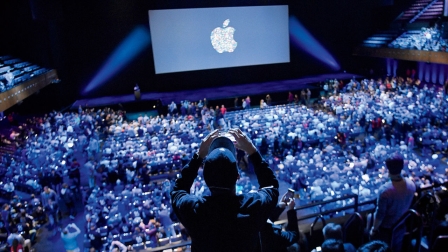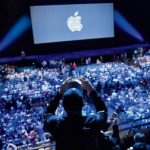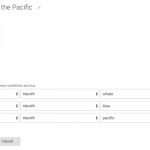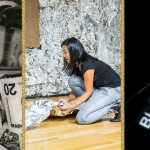Are You Ready To Flock?
I got my hair cut recently at a barbershop in Brooklyn that’s been in business for nearly 60 years. Angelo, who runs the place, has created a distinctive culture: music from the 1950s and 1960s, posters of Bogart and Sinatra, an impromptu bar in the back during the Christmas season. Two of the barbers, Vito and John, are brothers who know Angelo from their childhood days in Italy. John (who retired a year ago) once playfully identified the thinning hair on the crown of my head as a “Saint Anthony” condition—Saint Anthony being the patron saint of lost causes.
Angelo’s has survived for six decades as much because of its personality as its haircuts. In that way, it is indicative of a wave of today’s most high-profile businesses, fueled by cultlike followers. Most cell phones today can make calls, take pictures, surf the web, access apps. So why do so many people carry an iPhone? You can get exercise at any gym. So why are so many people enamored with SoulCycle? Understanding the alchemy of these success stories provides a powerful window into what defines competitive advantage in the modern era.
Editor-at-large Rick Tetzeli arguably knows more about Apple than any other journalist working today. He oversaw Apple coverage for years at Fortune and Fast Company, and then cowrote the New York Times No. 1 best-seller Becoming Steve Jobs. This summer, he persuaded Apple executives, including CEO Tim Cook, to sit down for an unprecedented series of interviews—Apple has historically been reluctant to cooperate with a magazine feature unconnected to the release of a specific product. What Tetzeli explores in “Believe” is a business that many of us instinctively connect with founder Steve Jobs but that actually has become a far different place. In recent months, many Apple watchers have contended that the differences from the Apple of days past are primarily negatives, underscored by a dramatic drop in Apple’s stock price. Tetzeli points out how much those naysayers are missing. Apple’s cult of believers—internally and among its billion-strong customers around the globe—provide unique advantages that give the company a strong chance of maintaining its prominence (and valuation) for years to come.
SoulCycle is a much younger, smaller business than Apple. But as Jonathan Ringen writes in “You Got Soul,” the passion it engenders among users from Michelle Obama to Ariana Grande has turned it into a formidable prestige brand. Both alt-food purveyor Hampton Creek and clothing brand American Apparel have grappled with lawsuits and controversy (see “The Great Scramble” and “Can American Apparel Mend the Seams?“) yet their perseverance owes everything to their communities of devotees.
Fast Company, too, is something of a cult brand—if you’re reading this, you are likely part of a distinctive psychographic in business: optimistic, future-focused, open to risk and change. Our coverage, in print and digitally, is gauged to serve as inspiration as well as information, a badge that gives you permission and encouragement to question the status quo and strive for creating a better world. This community will come to life—and come together—this November at the Fast Company Innovation Festival in N.Y.C. and we hope many of you will join us there. Tickets are on sale now and the agenda is amazing, including speakers from Silicon Valley and Saudi Arabia. If you have extra time, you can even pop over to Angelo’s for a trim. He’ll take good care of you, even if you don’t tell him I sent you.
A version of this article appeared in the September issue of Fast Company magazine.
Fast Company , Read Full Story
(38)













